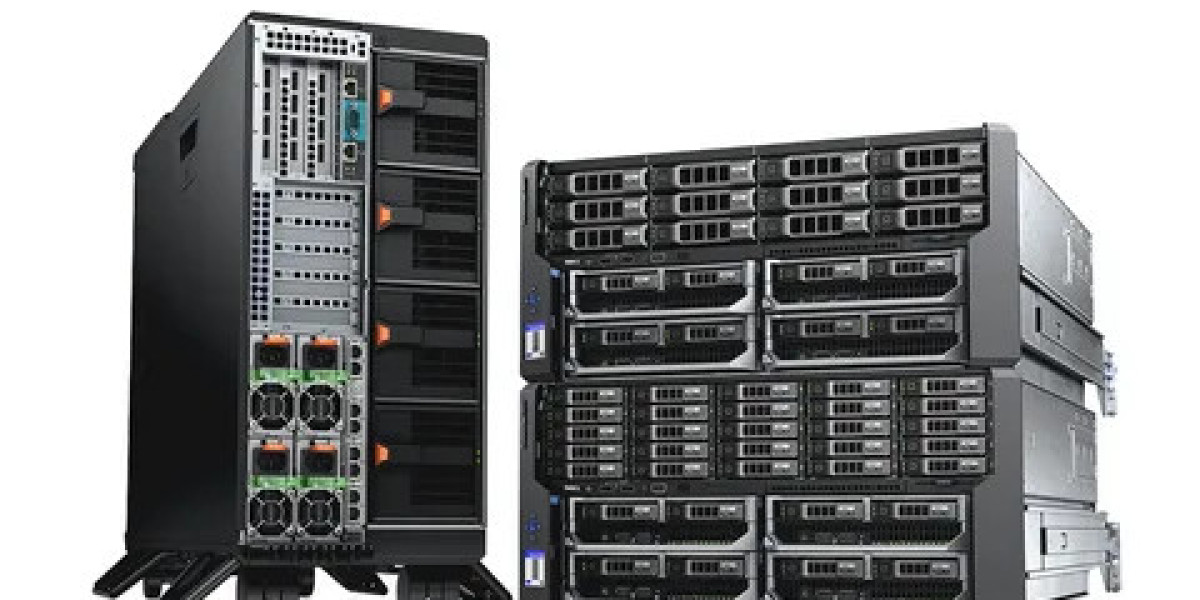In today's data-driven world, organizations are increasingly turning to cloud-based data analytics to gain insights and make informed decisions. The role of Best servers in managing these analytics processes is crucial, as they provide the necessary infrastructure to store, process, and analyze vast amounts of data. This article delves into how servers contribute to cloud-based data analytics, exploring their functions, benefits, and the technologies involved.
Understanding Cloud-Based Data Analytics
Cloud-based data analytics refers to the use of cloud computing resources to collect, store, and analyze data. This approach allows organizations to leverage the scalability and flexibility of the cloud, enabling them to process large datasets without the need for extensive on-premises hardware. As businesses generate more data than ever before, the ability to perform real-time analytics in the cloud has become essential for maintaining a competitive edge.
The underlying architecture of cloud-based data analytics relies heavily on servers. These servers are responsible for managing data storage, processing workloads, and running analytics applications. By centralizing these functions in the cloud, organizations can ensure that their analytics capabilities are not only efficient but also accessible from anywhere with an internet connection.
The Importance of Servers in Data Storage and Processing
At the heart of cloud-based data analytics lies the need for robust data storage solutions. Servers play a pivotal role in this aspect by providing the infrastructure to store large volumes of data securely. Cloud servers offer scalable storage options, allowing organizations to easily expand their data storage as their needs grow. This scalability is vital in an environment where data is continuously generated and accumulated.
Additionally, servers facilitate data processing through powerful computational capabilities. In the realm of data analytics, complex algorithms and models often require significant processing power to derive meaningful insights from raw data. Cloud servers can be configured to handle high-performance computing tasks, enabling organizations to run intricate analytics applications and generate results quickly.
Enabling Real-Time Analytics
One of the key advantages of cloud-based data analytics is the ability to perform real-time analytics. Servers play an integral role in this process by ensuring that data is processed and analyzed as it is generated. This immediacy allows businesses to make timely decisions based on up-to-date information, enhancing their responsiveness to market changes and customer needs.
Real-time analytics is particularly important in sectors such as finance, healthcare, and e-commerce, where data-driven decisions can have significant implications. Servers equipped with advanced processing capabilities and low-latency networks facilitate the swift analysis of incoming data streams, empowering organizations to react promptly and effectively.
Supporting Data Integration and Collaboration
In a cloud-based data analytics environment, servers software also facilitate data integration from various sources. Organizations often collect data from multiple channels, including social media, customer interactions, and IoT devices. Servers help aggregate this data, enabling a holistic view of business operations.
Moreover, cloud servers support collaboration among teams by providing a centralized platform for accessing and analyzing data. With cloud-based analytics, team members can work together in real time, sharing insights and collaborating on data-driven projects. This collaborative environment fosters innovation and ensures that all stakeholders are aligned in their decision-making processes.
Enhancing Data Security and Compliance
Data security is a paramount concern for organizations utilizing cloud-based analytics. Servers play a critical role in safeguarding sensitive information by implementing robust security measures. Cloud servers typically come equipped with advanced security protocols, including encryption, access controls, and firewalls, which protect data from unauthorized access and breaches.
Furthermore, servers can assist organizations in meeting regulatory compliance requirements. By maintaining comprehensive logs of data access and processing activities, servers help organizations demonstrate adherence to data protection regulations. This accountability is essential in building trust with customers and stakeholders who are increasingly concerned about data privacy.
Leveraging Advanced Technologies
The evolution of cloud-based data analytics is closely tied to advancements in server technologies. The emergence of artificial intelligence (AI) and machine learning (ML) has transformed how organizations analyze data. Servers equipped with AI and ML capabilities can automate data processing tasks, identify patterns, and generate insights more efficiently.
Additionally, serverless computing is gaining traction as an alternative approach to managing cloud resources. In a serverless architecture, organizations can focus on developing applications without worrying about the underlying server management. This approach enhances agility and allows businesses to scale their analytics capabilities seamlessly.
Conclusion
Servers system play a fundamental role in managing cloud-based data analytics, providing the necessary infrastructure for data storage, processing, and collaboration. As organizations increasingly rely on data to drive their strategies, the importance of robust server capabilities cannot be overstated. By leveraging cloud servers, businesses can enhance their analytics capabilities, ensuring that they remain agile and competitive in an ever-evolving landscape. The future of data analytics is undoubtedly tied to the continued advancements in server technologies, paving the way for more innovative and efficient solutions.








